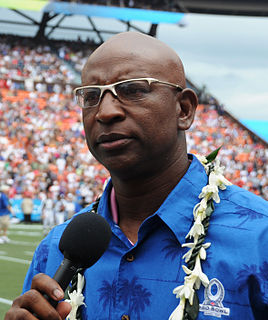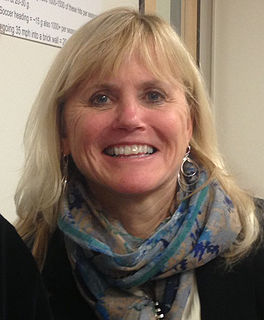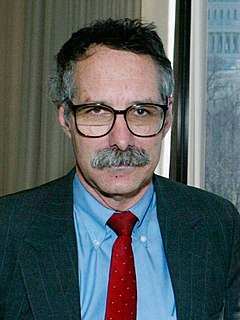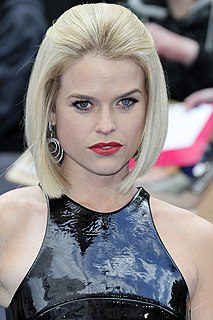A Quote by Christine Lagarde
I guess economists, it's a bit like scientists, you have definitely fewer women in that field.
Quote Topics
Related Quotes
In the 2013 Economists Program, we hired 51 percent women, 49 percent men. And the reason for that is that we have a draft from all over the world, and we've hired, for instance, in that group, a good number of Chinese economists - highly qualified, all Ph.D.s from the best universities of the world. And guess what? They're all women.
The government employs scientists of many varieties in technical capacities, from estimating the environmental toxicity of a chemical to the structural soundness of a bridge. But when it comes to forming policies, these scientists and, especially, behavioral scientists are rarely at the table with the lawyers and the economists.
This is really funny, but we did a study of the occupations of female characters on TV, and there are so many female forensic scientists on TV because of all the CSI shows and Bones and whatever. I don't have to lobby anybody to add more female forensic scientists as role models. There's plenty.In real life, the people going into that field now are something like two-thirds women.
Is there a way that we would actually recognize the game of football with fewer tackles and fewer collisions? I'm not sure. But I think that's the direction we're going to have to go. Bigger fields? Fewer players on the field? I think we are ultimately going to have to change some of the major rules of the game.
With Asian-Americans actors, specifically, there's been fewer opportunities for them in TV and film and fewer that have the ability to actually make a career out of it. It becomes a bit of a chicken and egg situation, where they're like, 'Oh, but they're not famous names,' but they haven't had a chance to be in anything yet, either.
Probably the only people left who think that economics deserves a Nobel Prize are economists. It confirms their conceit that they're doing 'science' rather than the less tidy task of observing the world and trying to make sense of it. This, after all, is done by mere historians, political scientists, anthropologists, sociologists, and (heaven forbid) even journalists. Economists are loath to admit that they belong in such raffish company.
All through my life, I didn't really consider my eyes at all, and then I became an actress. It's great, I guess. They're just in my face, and one is green and one is blue. It's different, and I'm definitely a proponent of being different in any way you can in life, so I guess if you're born a bit different that's a good thing.
































